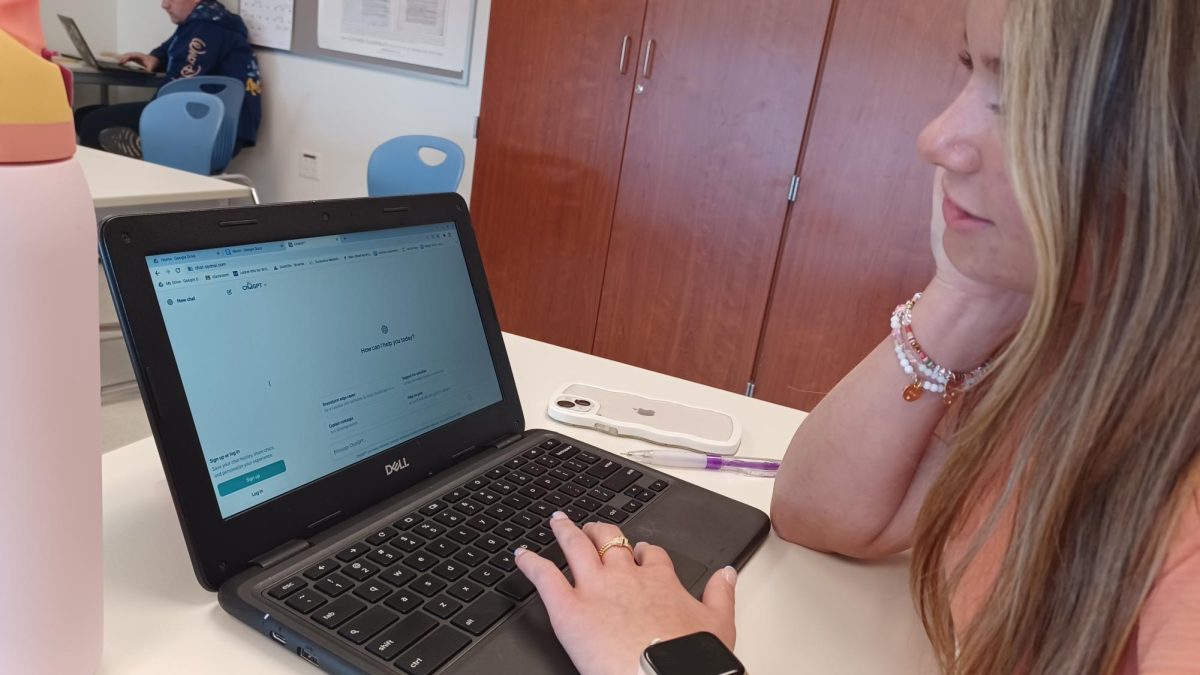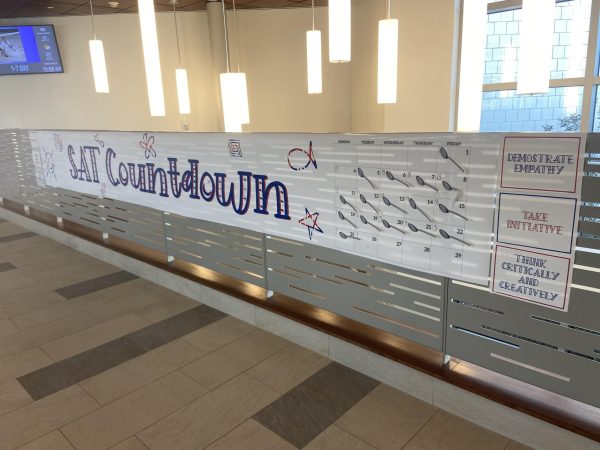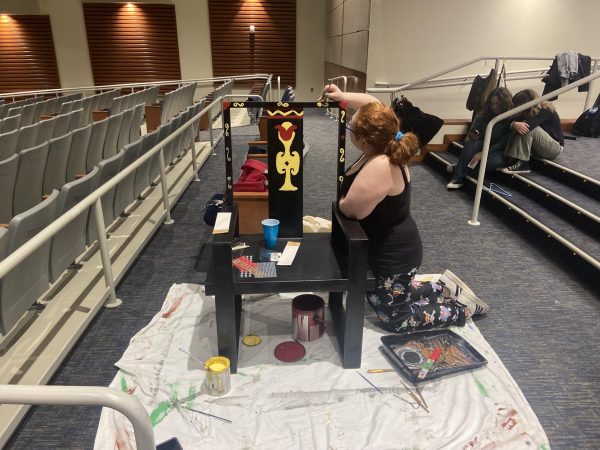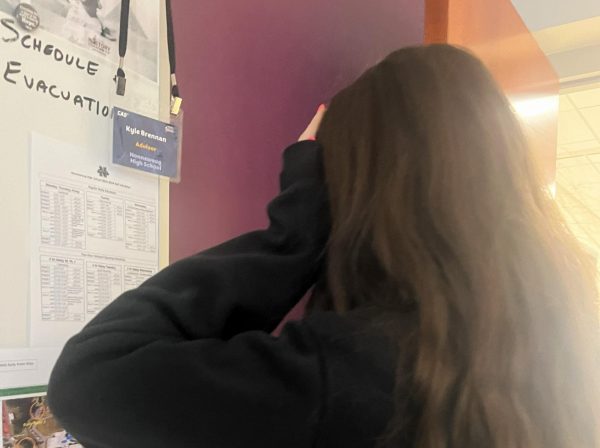Brighter Days Ahead: U.S. Senate Passes the Sunshine Protection Act
Daylight saving time allows it to stay lighter later in the day, but not everyone is on board with time switching.
April 1, 2022
WOODBURY — Nothing makes some people crankier than not getting enough sleep. Naturally, daylight savings was enacted so everyone can lose an hour of sleep and be even crankier.
Although it seems like daylight savings was implemented to sabotage our sleep schedule, the science behind it is the real reason. For the longest time, we were all setting our clocks forward and then back again come fall in order to allocate dwindling sunlight to the morning hours. Just recently, the United States Senate approved a bill to make daylight savings permanent so we don’t have to change the clocks anymore.
Daylight saving time was incorporated into everyone’s lives in order to make use of natural daylight during World War I and again during World War II. In the winter and fall, the days start getting shorter and it gets dark earlier in the day. The person that came up with the idea for daylight saving time was scientist George Vernon Hudson in 1895. It was then made a law on April 12, 1966, by President Lyndon Johnson. Before it was signed into law by Johnson, people proposed that communities were awoken by cannon fire.
“I like that it’s light out later in the day,” said Toby Denman, Nonnewaug science teacher. “I don’t like waking up an hour early, but I like what daylight savings does [by adding light to our evenings].”
That seems to be the theme with daylight savings time. Nobody likes waking up early, but everybody likes more daylight. So when the bill was passed to make it permanent, most people were happy.
On the contrary, NHS faculty members Mark Strumolo and William Pease don’t like daylight savings.
“I would prefer not to have daylight savings,” Strumolo noted.
“I like regular time; I like waking up in the dark. I don’t like losing an hour of sleep, but I like gaining an hour,” Pease added.
Daylight savings benefits all of us whether we take it for granted or not. It has often been overlooked and only thought about when we’re asked to adjust our daily schedules, so making daylight savings permanent would be the perfect solution.
However, this law cannot become law until it is passed by the House of Representatives. As of October 2022, the House has not taken up the bill yet.
Correction: A previous version of this story reported that the bill was set to become law in time for the time change in November 2023. However, the House of Representatives has not yet taken up the bill despite the Senate’s approval earlier in March 2022. The Chief Advocate apologizes for the error.





























